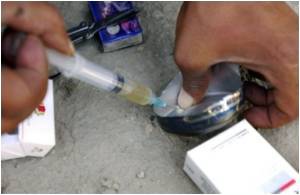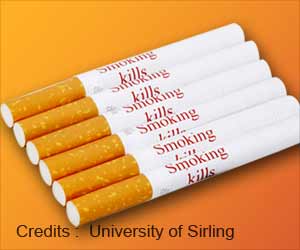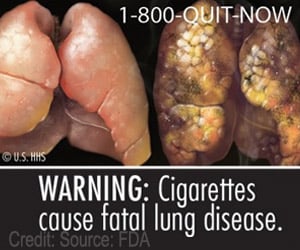High rates of injection drug abuse is seen among urban Canadian Aboriginal youth, particularly in women. This alarming increase signals the need for specific prevention programs.

The Cedar Project is a prospective study of 605 Aboriginal youth in Vancouver and Prince George, British Columbia, conducted from 2003 to 2007 that sought to understand use of illicit drugs, particularly relating to infection with HIV. Participants were between the ages of 14 and 30 years and had smoked or injected illicit drugs, other than marijuana, in the month before enrolment. The median age was 23, and 292 (48.3%) were women.
At the start of the study, 335 (55.4%) of participants reported a history of injection drug use. Injection drug users were more likely to be women, to be older, to identify as gay, lesbian, bisexual or two-spirited, to have experienced sexual abuse, to have a parent who attended a residential school and to have other risk factors. In participants who had no history of injection drug use and who attended at least one follow-up visit (197 out of 270), 39 people (18 men, 21 women) began to inject drugs.
Young Aboriginal women were twice as likely to inject drugs as men.
"In our study population, about 11 participants per 100 person-years will transition to injection drug use a rate that is almost twice as high as that found in the only other available longitudinal study done in Canada investigating transition to injection drug use among young people (6.8 per 100 person-years in Montr'al, Quebec)," states Dr. Patricia Spittal, School of Population and Public Health, University of British Columbia, with coauthors. "Transition to injection drug use at a young age not only increases the risk of contracting an infectious disease, it also further entrenches the young person in an increasingly dangerous street life that often involves sex work, violence, predation and life-long addiction."
The study was conducted by researchers from the School of Population and Public Health, University of British Columbia; Simon Fraser University; the Centre for Health Evaluation and Outcome Sciences at Providence Health Care; the Wuikinuxv Nation, Port Hardy, BC; and the Splats'in/Secwepemc Nation, Enderby, BC.
Advertisement
Source-Eurekalert















